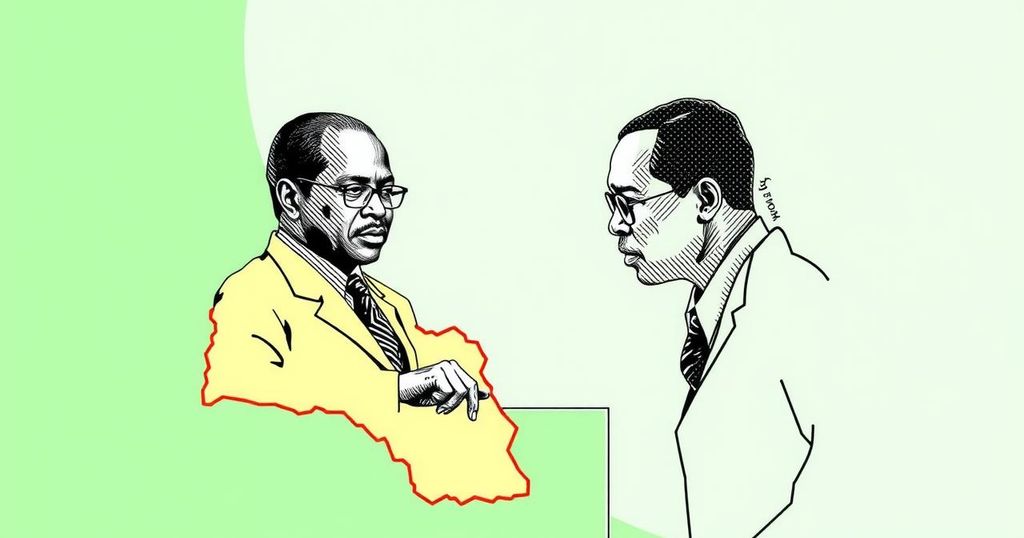Tanzania held local government elections amid reports of violence and ballot stuffing. Voter access was hindered by disorganized polls, leading to significant dissatisfaction among voters. Opposition parties reported irregularities and violence, claiming that the elections were neither free nor fair. Claims of fake ballots emerged, along with instances of physical attacks against party officials. The government, however, asserted that the elections were conducted without major incidents, with results expected within 72 hours.
On Wednesday, Tanzanians participated in local government elections, voting for various committee positions. The elections, however, were marred by reports of political violence and allegations of ballot stuffing. President Samia Suluhu Hassan had encouraged voters to exercise their rights in a fair and lawful manner. Polling stations opened at 8 a.m. but faced challenges such as poorly organized voter lists, which made it difficult for many to locate their names, leading to frustration among voters.
Despite these issues, many voters expressed satisfaction with the overall voting experience, noting that the polls commenced on time and were equipped adequately. Opposition parties, particularly CHADEMA and ACT-Wazalendo, reported a multitude of irregularities that led them to conclude that the elections were neither free nor fair. Notably, they faced challenges in having their election agents present in polling stations due to a blockade by authorities who denied them access letters.
There were also serious allegations involving fake ballots, with both parties claiming to have seized counterfeit materials across various regions. Incidents of political violence were alarming, with reports of physical attacks against party officials from CHADEMA and ACT-Wazalendo, including three alleged murders. While the government claimed that the elections proceeded smoothly, opposition parties highlighted severe violations of electoral integrity and safety for their candidates.
Following the election, results are expected to be announced within 72 hours. The integrity of the process remains under scrutiny amidst ongoing police investigations into the violent incidents reported during the election.
The local government elections in Tanzania serve as a critical process for democratic representation at the community level. With an emphasis on ensuring fair electoral practices, these elections are pivotal for establishing local leadership. However, over the years, they have faced significant challenges, including allegations of violence, irregularities, and hindered access for opposition parties. The recent elections also highlighted systemic issues such as disorganized voter structures and potential voter suppression tactics, raising concerns about the true democratic nature of the electoral process.
The recent local government elections in Tanzania have underscored substantial concerns regarding electoral integrity, safety, and fairness. With opposition parties reporting violence and irregularities, it remains evident that the electoral process must be scrutinized and reformed to ensure a truly democratic environment. The future of political representation will depend on addressing these critical issues to restore public trust in the electoral system.
Original Source: thechanzo.com






